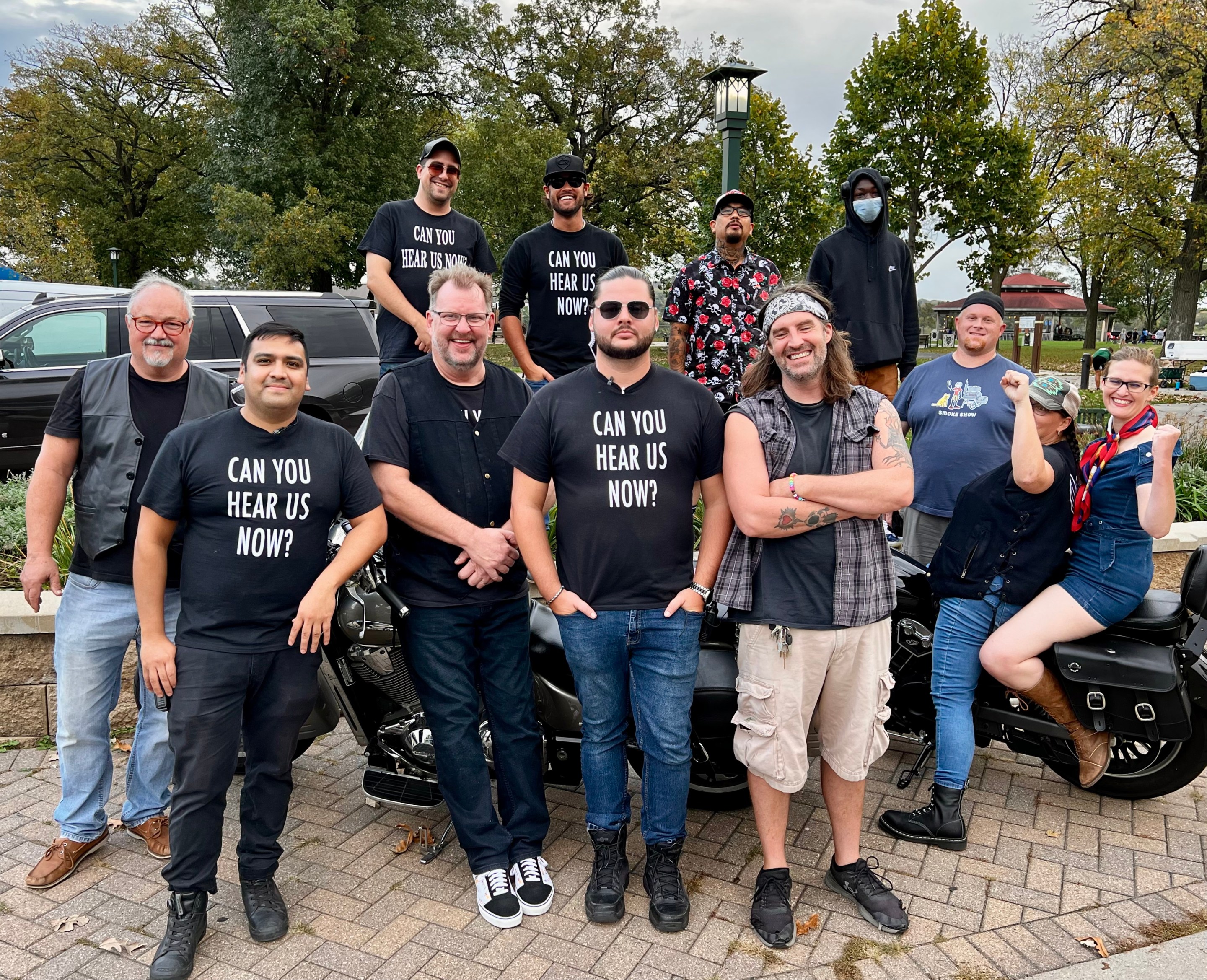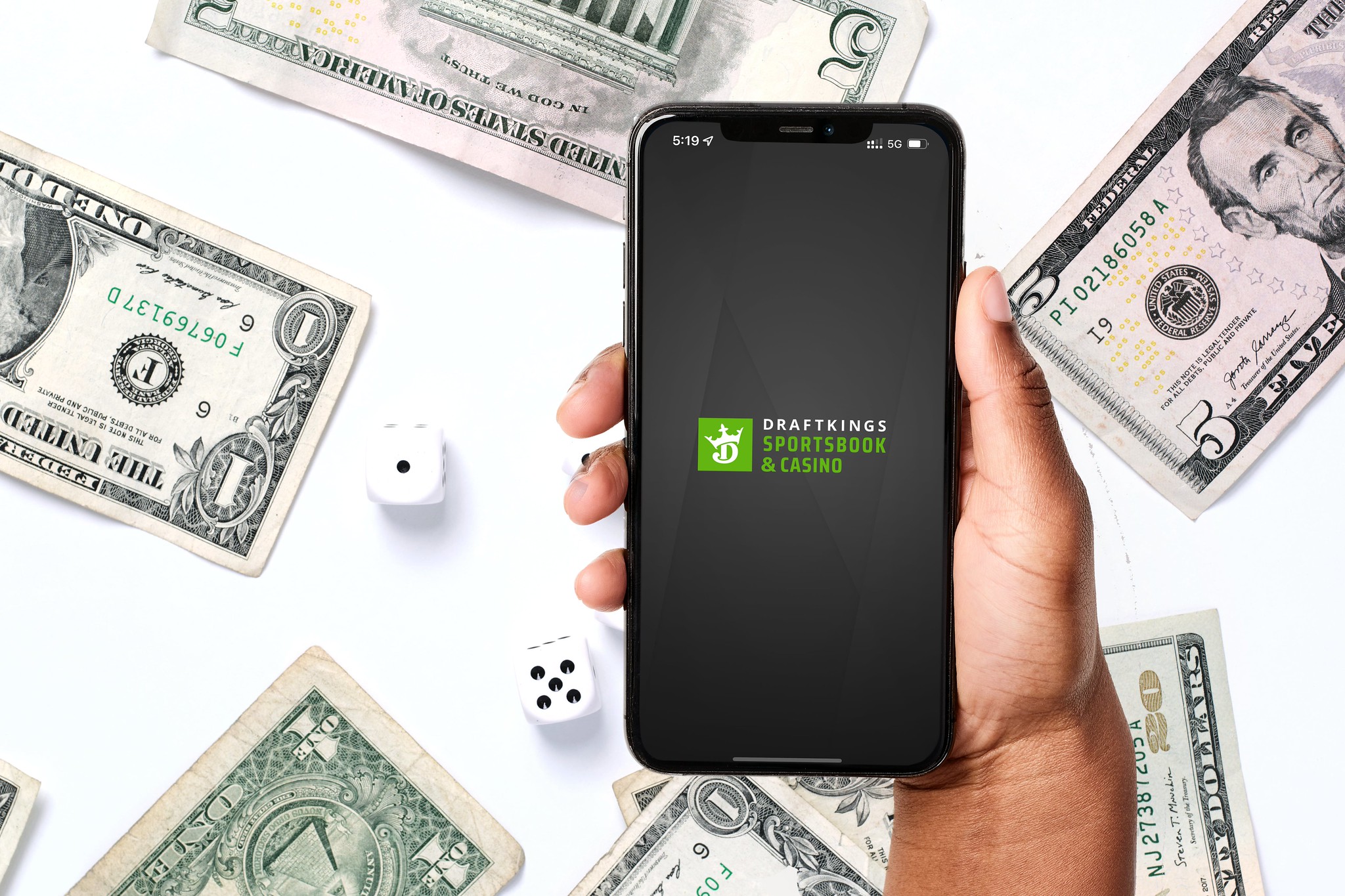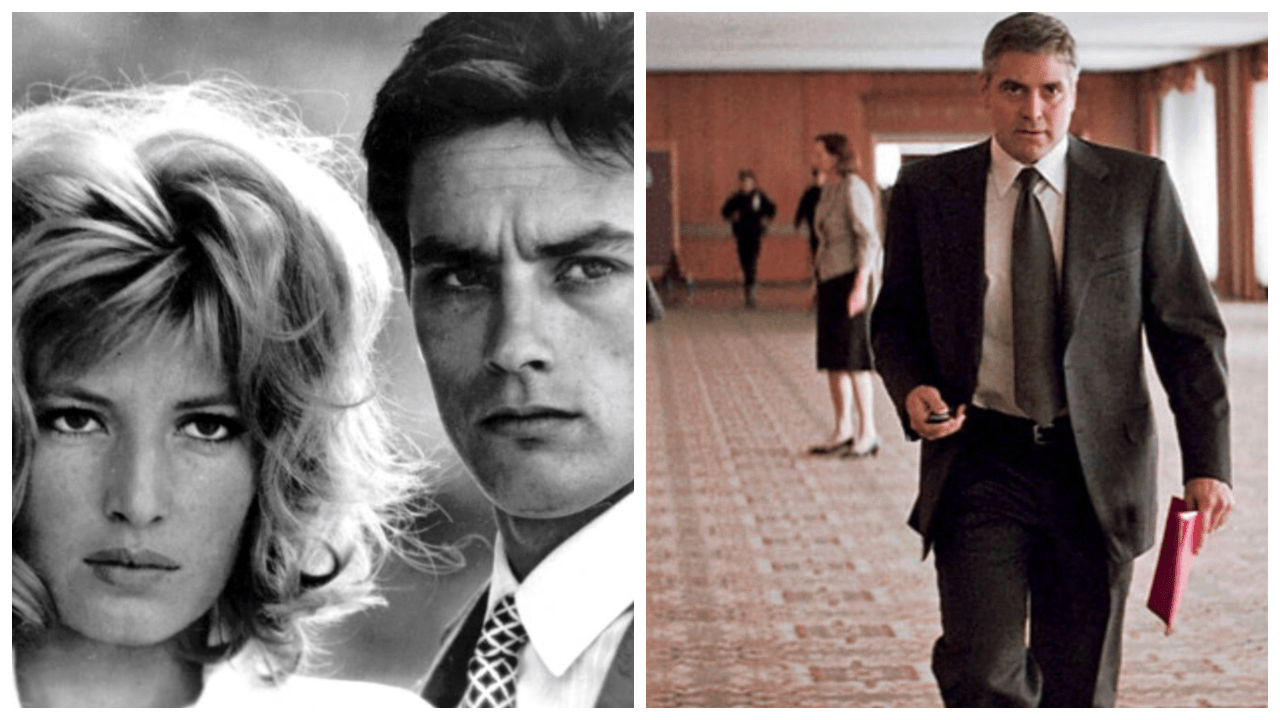Since the murder of George Floyd, the rumble and buzz of motorcycle engines from Twin Cities streets has provided a bass line for a chorus of protesters demanding change. They call themselves Bikers Riding Against Police Brutality (BRAPB).
Miguel Hernandez, the elected director of BRAPB, says his group works with organizers to block intersections with their motorcycles as demonstrations pass through. Their goal? To protect marchers on the streets from drivers in cars who might try to disrupt or drive through protesters—a disturbing trend in recent years.
“We did have some survivor’s guilt from when Deona Marie was hit in Uptown,” says BRAPB rider Marni Lewis-Harvey, noting that many of her group's members were off on a social ride that day. “If we would have been there, we would have been on that front line.”
In June, Deona Marie Knajdek was struck and killed by a driver in an SUV in Uptown while protesting the killing of Winston Smith by U.S. Marshals. The 31-year-old had been standing near her own car, which she had parked on Lake Street to shield protesters from other vehicles.
Griffin Goode, an early member of BRAPB, says riders face regular aggression, and that some have been hit by cars while escorting marches. Vehicles can be used as deadly weapons, so members of BRAPB practice de-escalation skills to help prevent incidents of violence against protesters. If blocking traffic inconveniences drivers, Goode says, so be it: He hopes that disruption will give drivers time to reflect on why, exactly, the protests are occurring and whether that's more important than a timely daily commute.
BRAPB riders believe motorcycles may be ideal tools to prevent vehicular violence against protesters. Drivers can potentially push parked cars out of the way, Lewis-Harvey explains, especially when travelling at high speeds. Parked motorcycles, however, tend to get stuck beneath cars, often stopping them entirely.
BRAPB rider Alex Meysman says the group doesn't necessarily function as part of the protests, but rather as vigilant guardians against outside threats to protesters.
“These families come out with their kids," he says. "They can participate in a safe space, and we make it that way."
Suburban protests have elicited the most anger and aggression from the public, Meysman says. He believes residents in those areas often don't understand the motivations behind police brutality protests; they tend to get the most upset when being temporarily inconvenienced behind the wheel.
“When they get pulled over, the police take their ID and their insurance," he says. "They maybe write them a ticket or let them go. They don’t get pulled out of their car or get their car searched. These are things that they don’t see."
Empathy is key, he says: "All it takes is a little bit of open-mindedness and patience."
“Our job is to make a safe space for these protesters and for all these voices to be heard," Hernandez adds. "That’s why we do it.”






